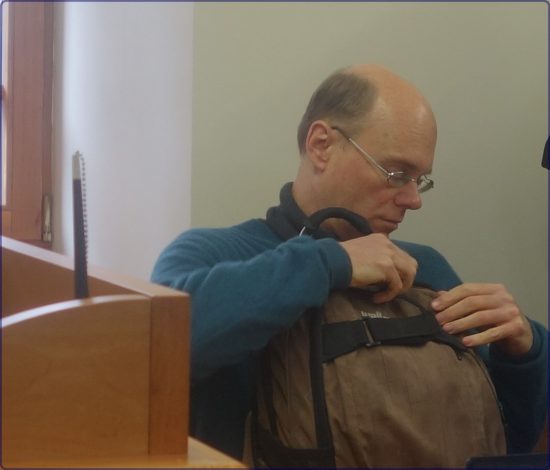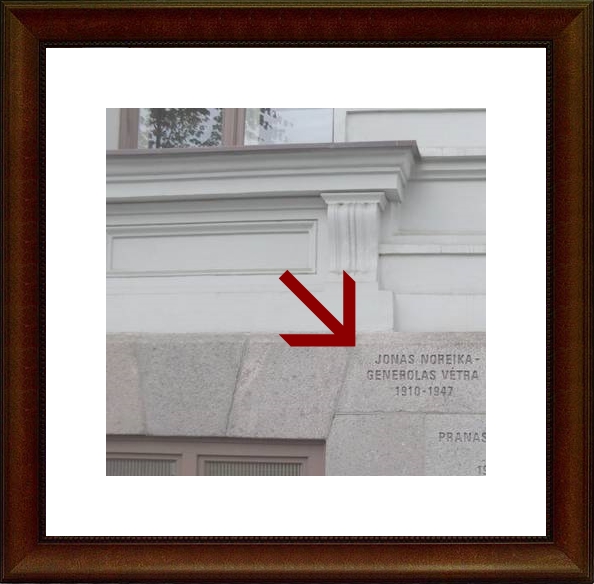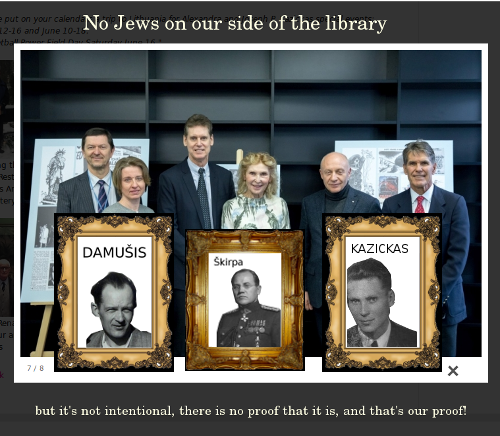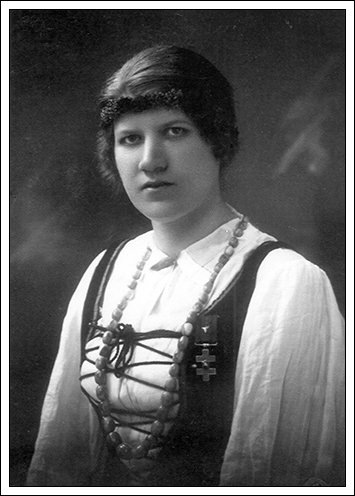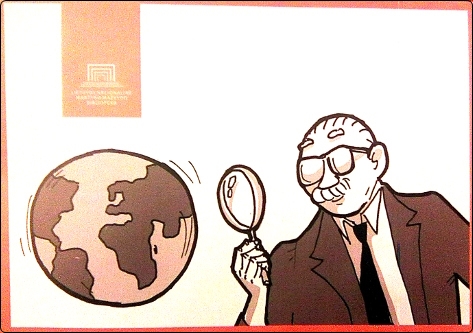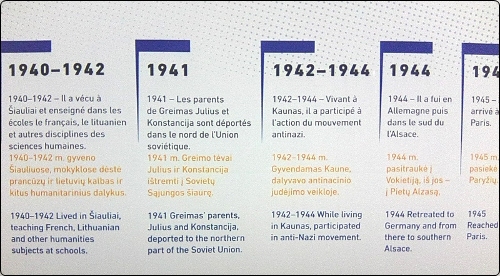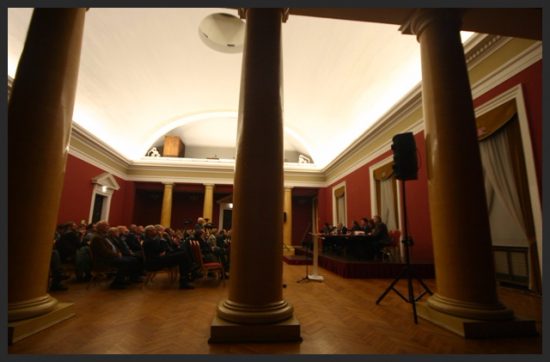◊
OUR TAKE ON THE LATEST IN THE 7 YEAR OLD NOREIKA SAGA
VILNIUS—LRT state television reported that an American religious Jewish school would held a polite protest outside the Lithuanian consulate in New York on Yom Hashoah, 2 May, to protest the Lithuanian government’s continued state-sponsored glorification of Holocaust collaborator Jonas Noreika and others. The protest was carried out by students of the Rambam Mesivta High School, under the guidance of its renowned principal, Rabbi Zev Meir Friedman. See Defending History’s report on the event.
Lithuanian Public Television’s Special Investigation of the controversy over Holocaust perpetrator Jonas Noreika was supposed to air on Thursday May 2 at 7:30 PM (19:30), including an interview with Dr. Andrius Kulikauskas. But the program did not air. Instead, the LRT website posted an “Open Letter Regarding the Increase of Tension in Society” signed by four leaders of Lithuanian (ultra)nationalist organizations. The letter specifically attacks Chicago resident Silvia Foti, Noreika’s granddaughter, California resident Grant Gochin, and other critics of the glorification of Holocaust collaborators, while claiming that Noreika, Škirpa, Brazaitis, Krikštaponis and Kraujelis are national heroes. LRT.lt added a remark clarifying that, according to the Genocide Center, Krikštaponis participated in the mass murder of Jews. The article claims that criticism of glorification of Holocaust collaborators is the work of “Moscow.”
